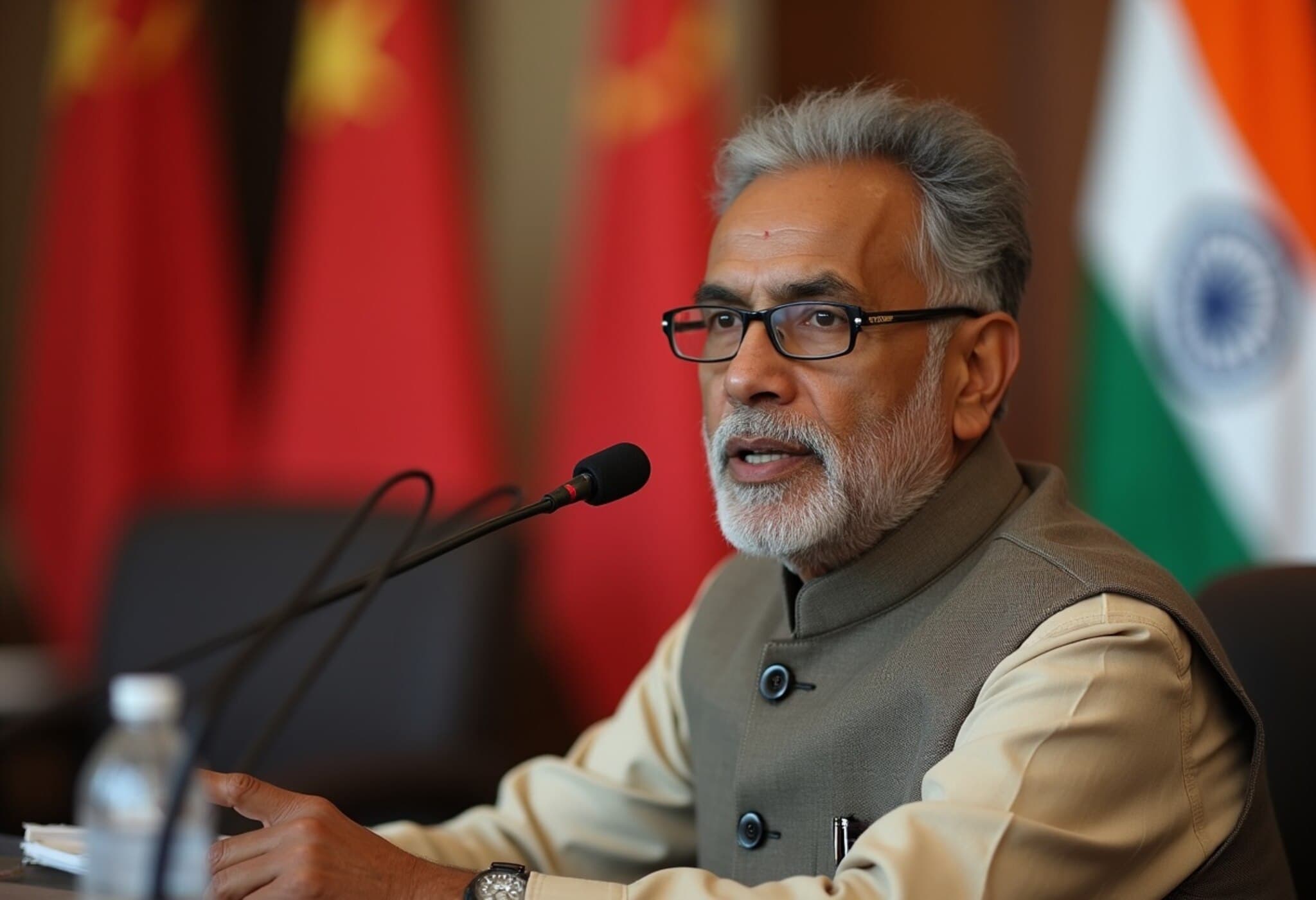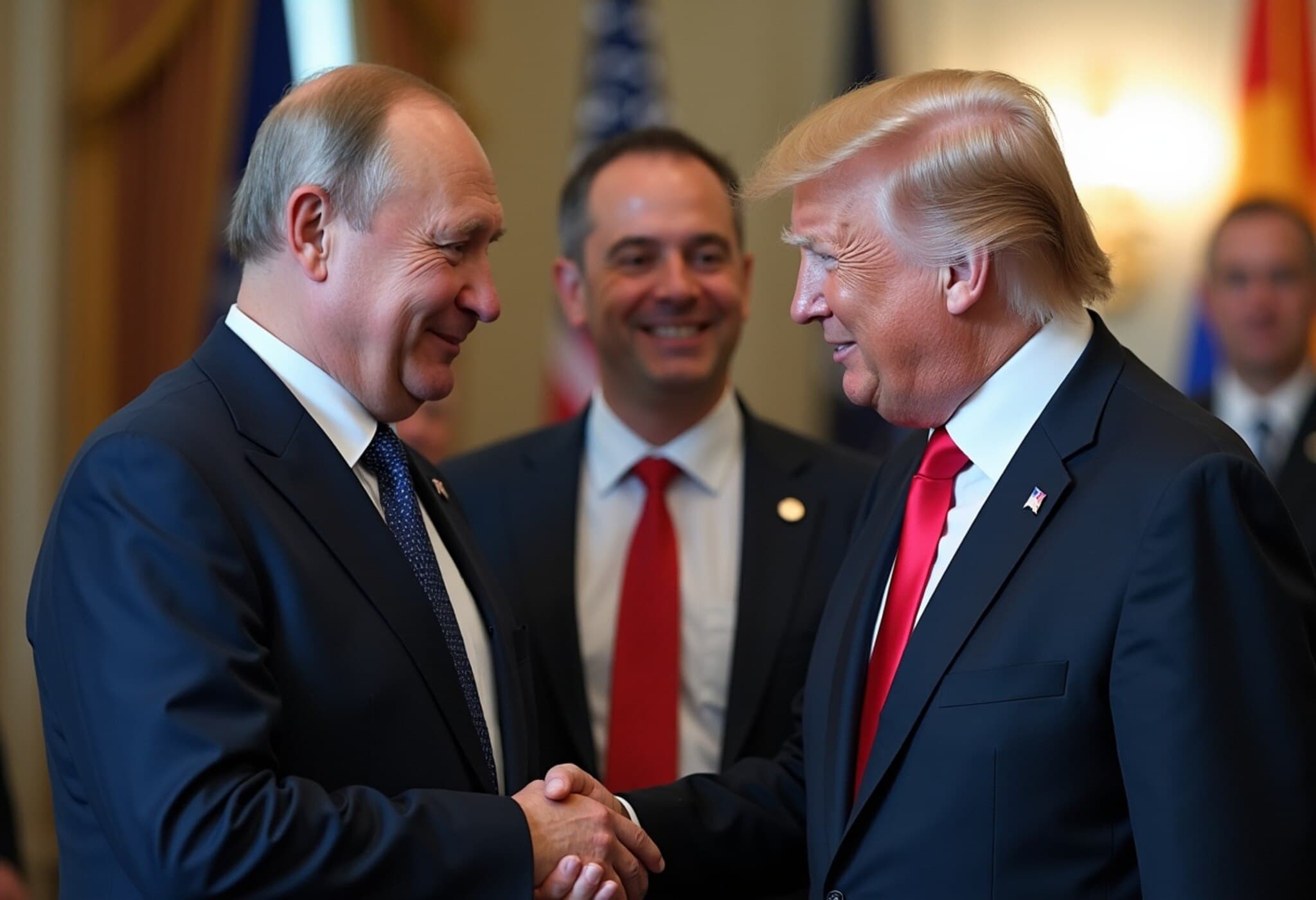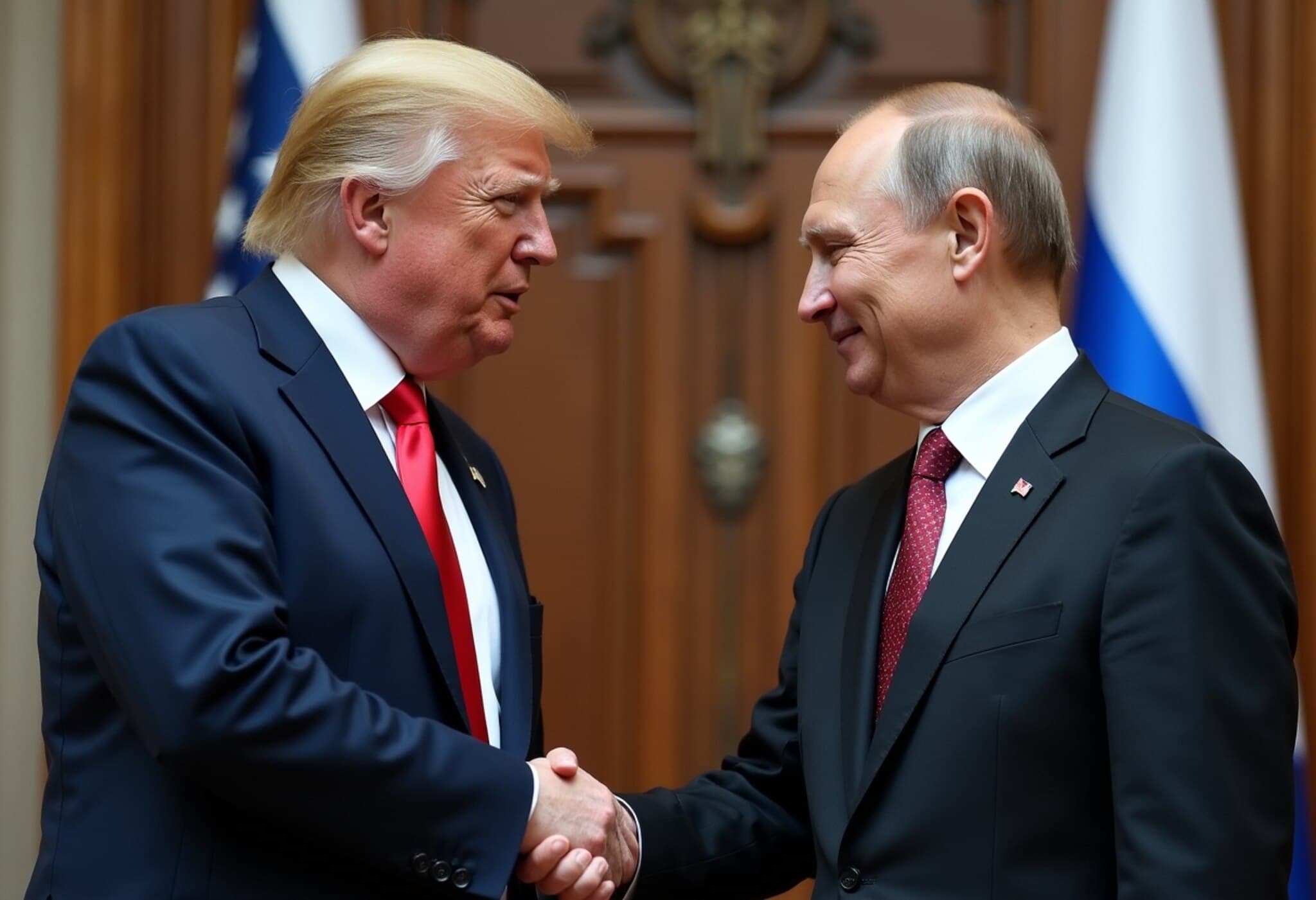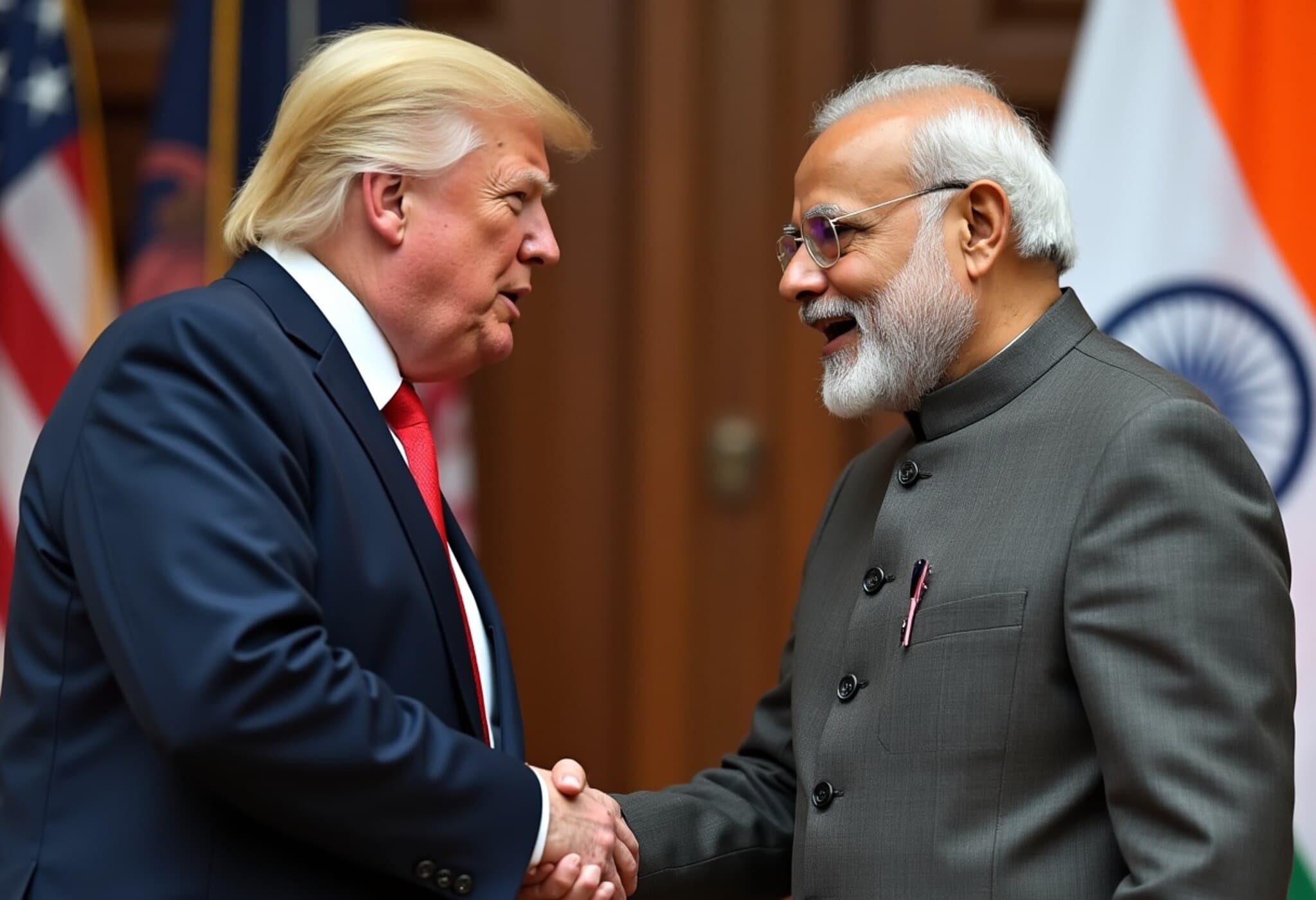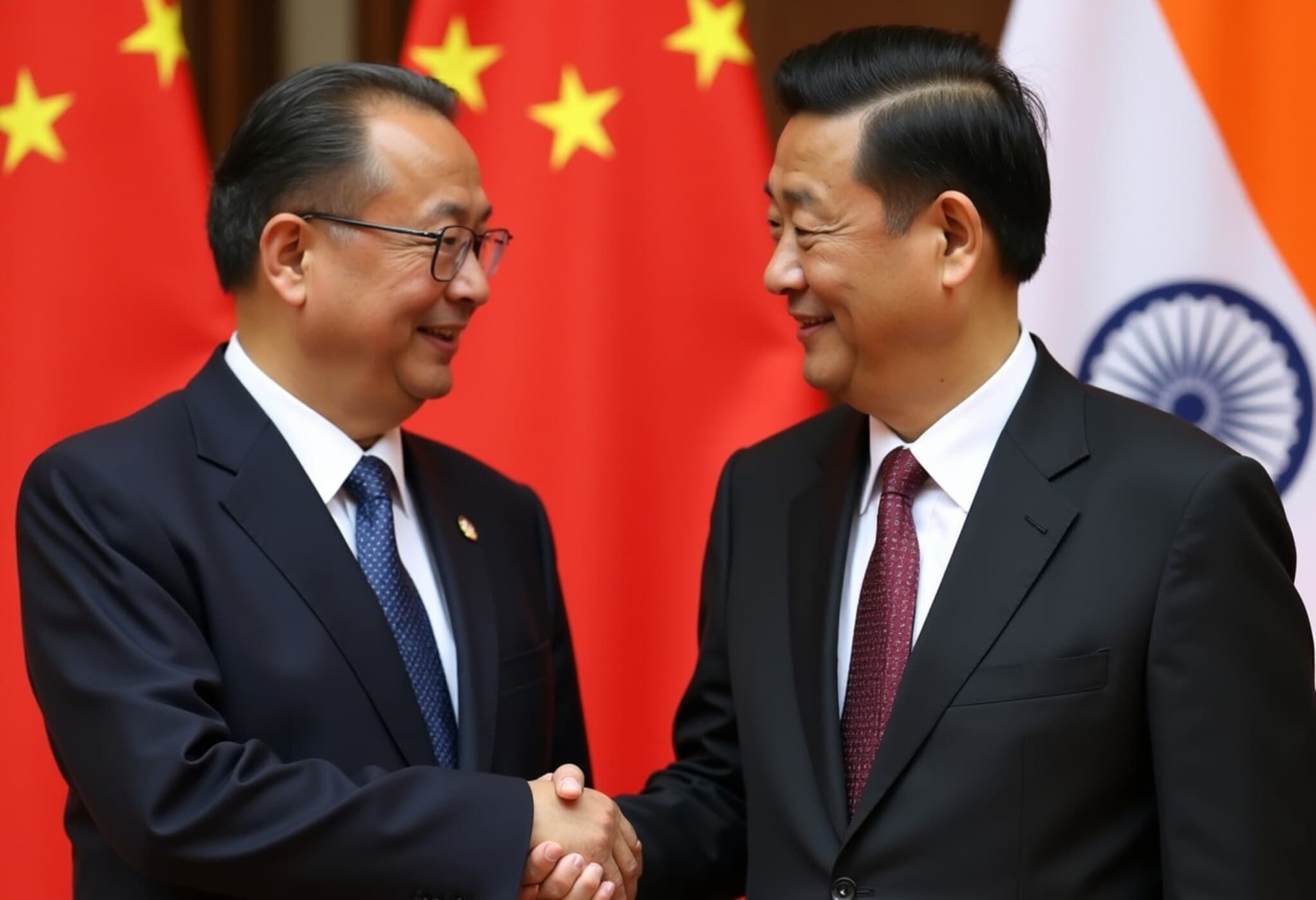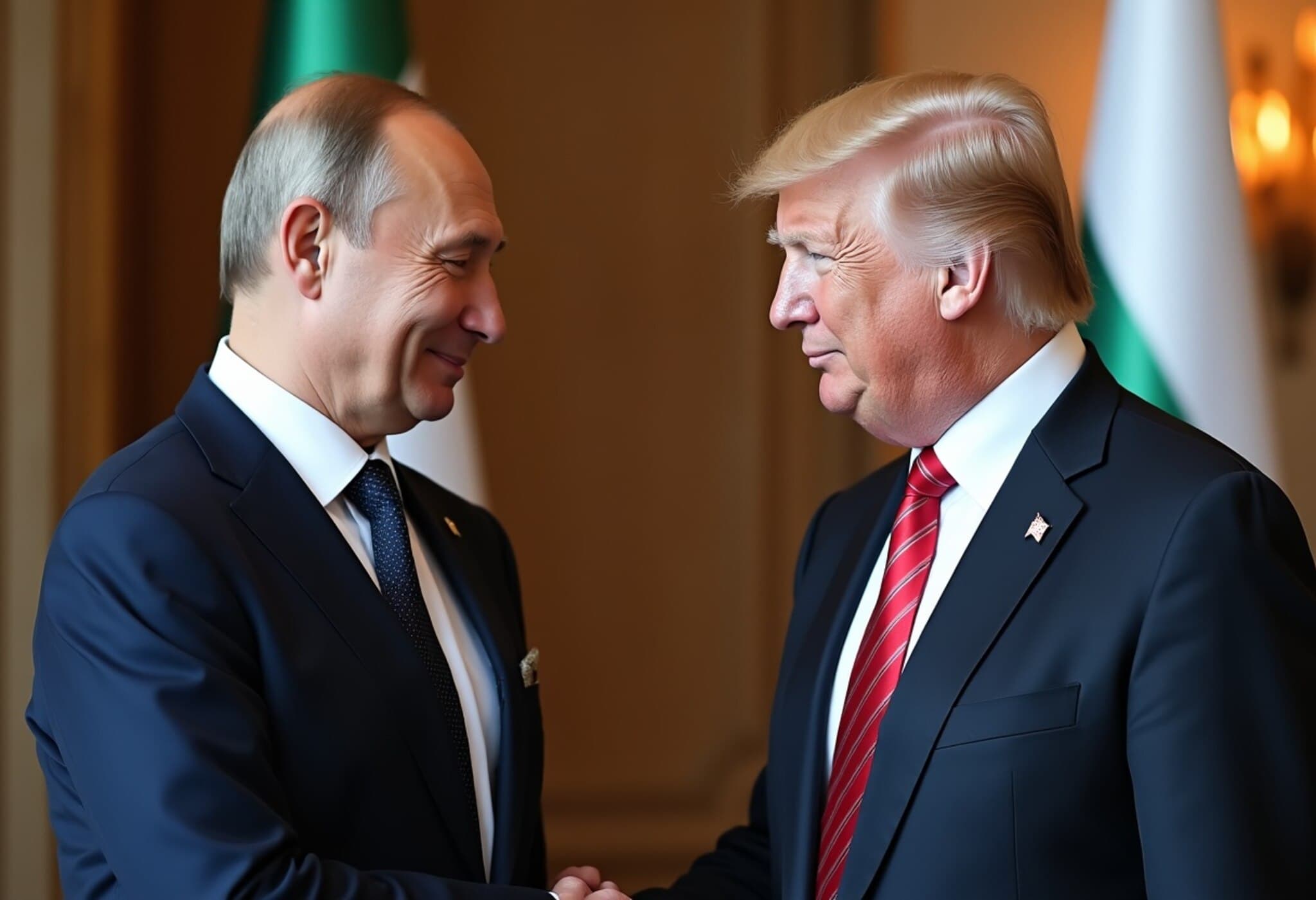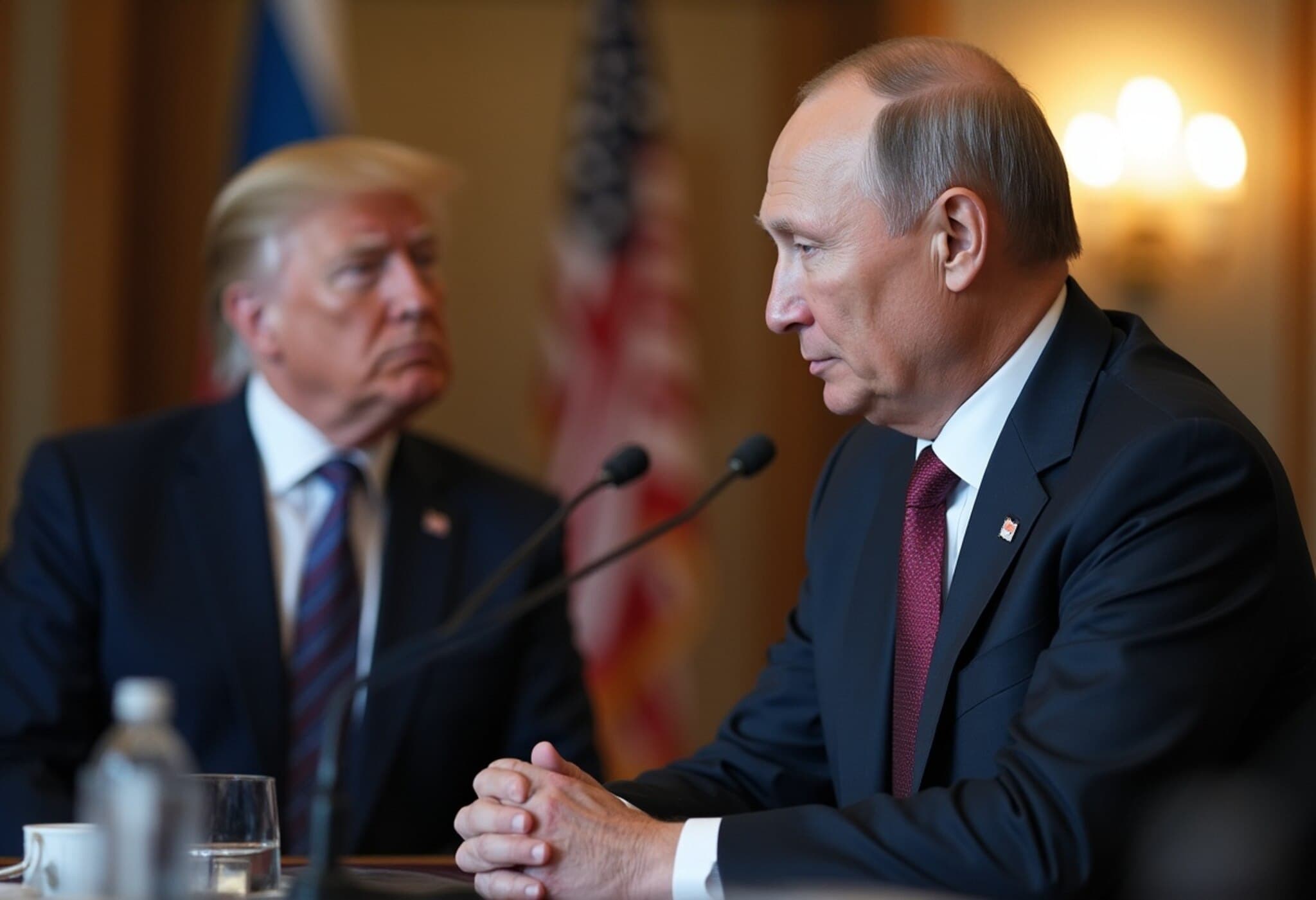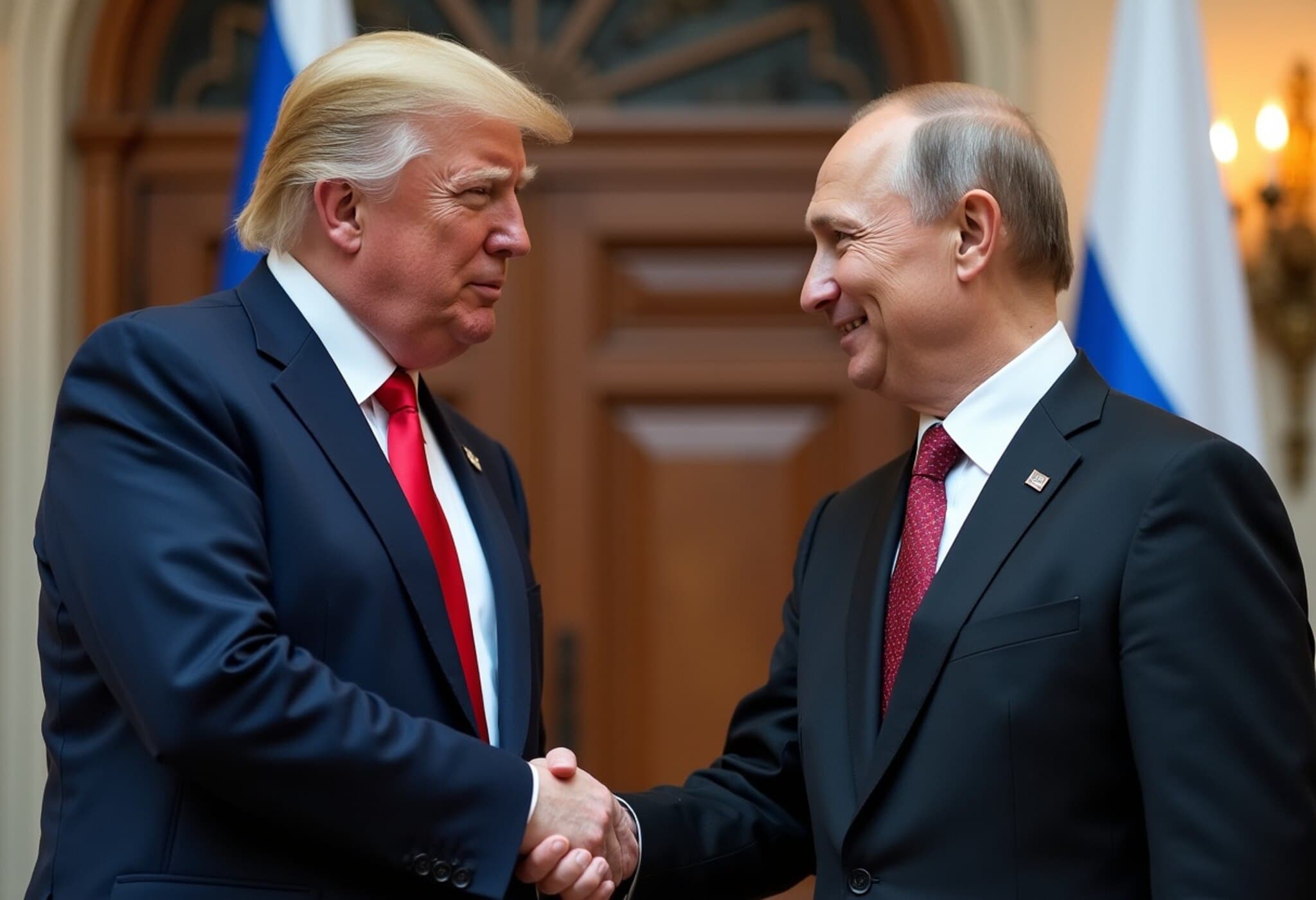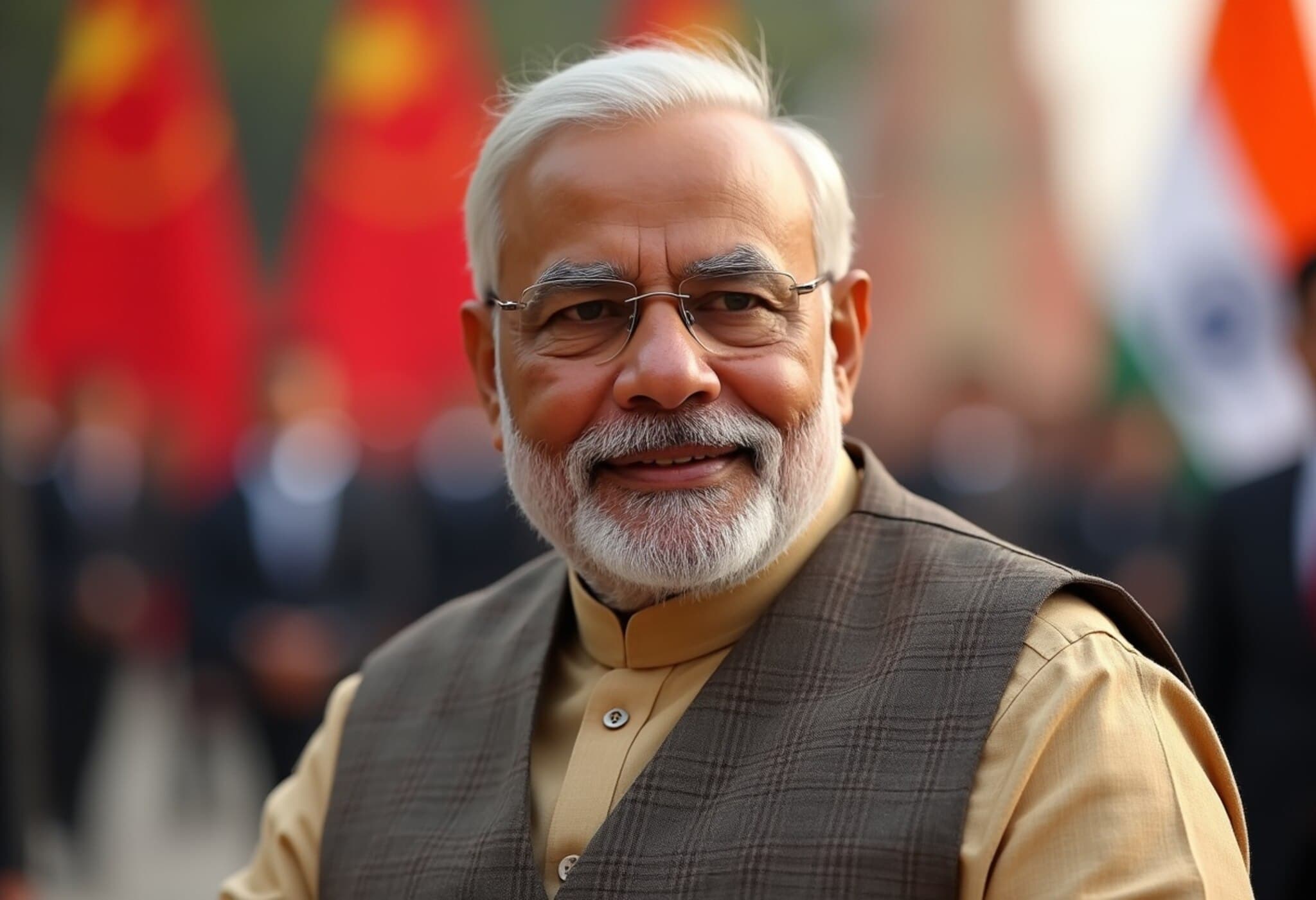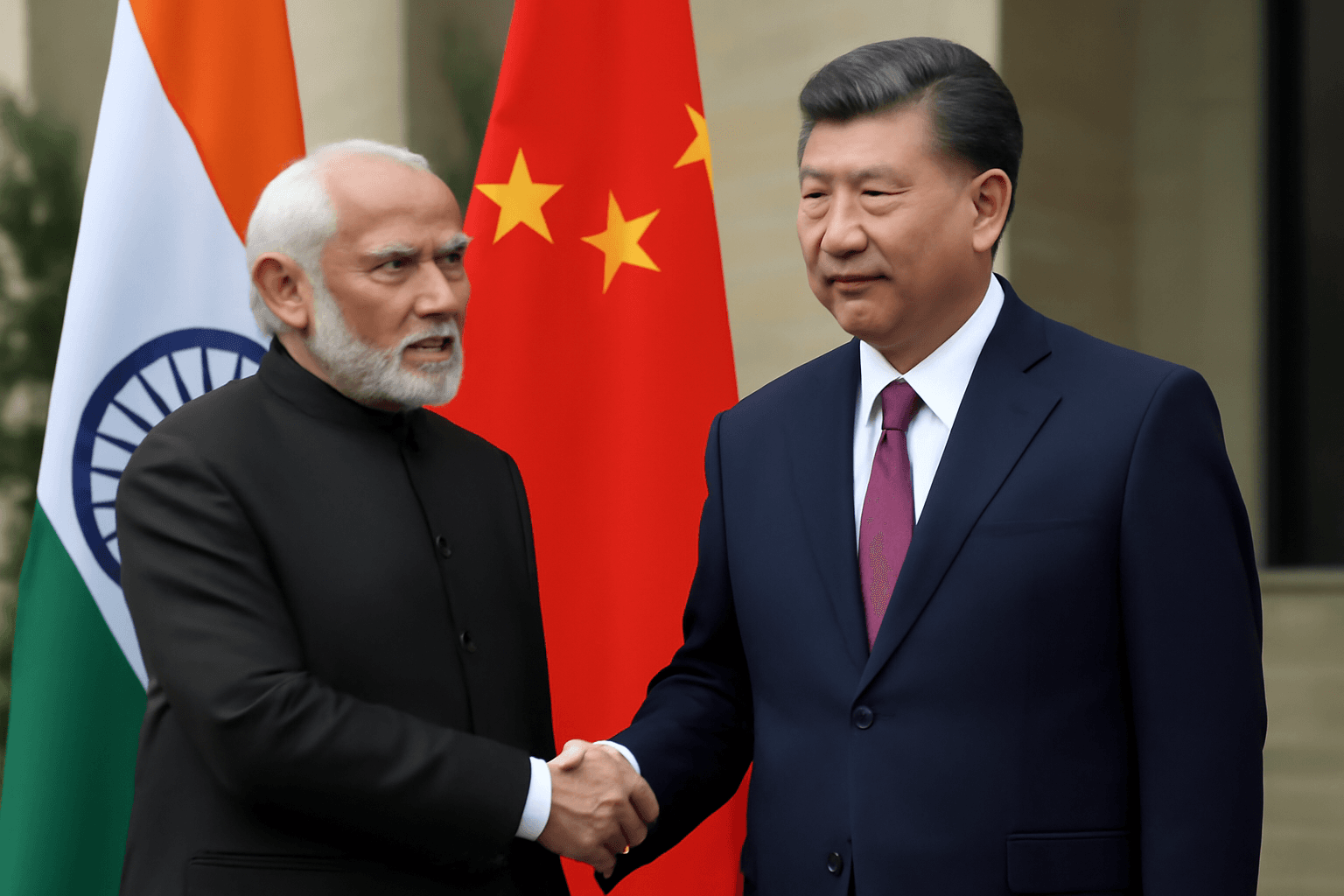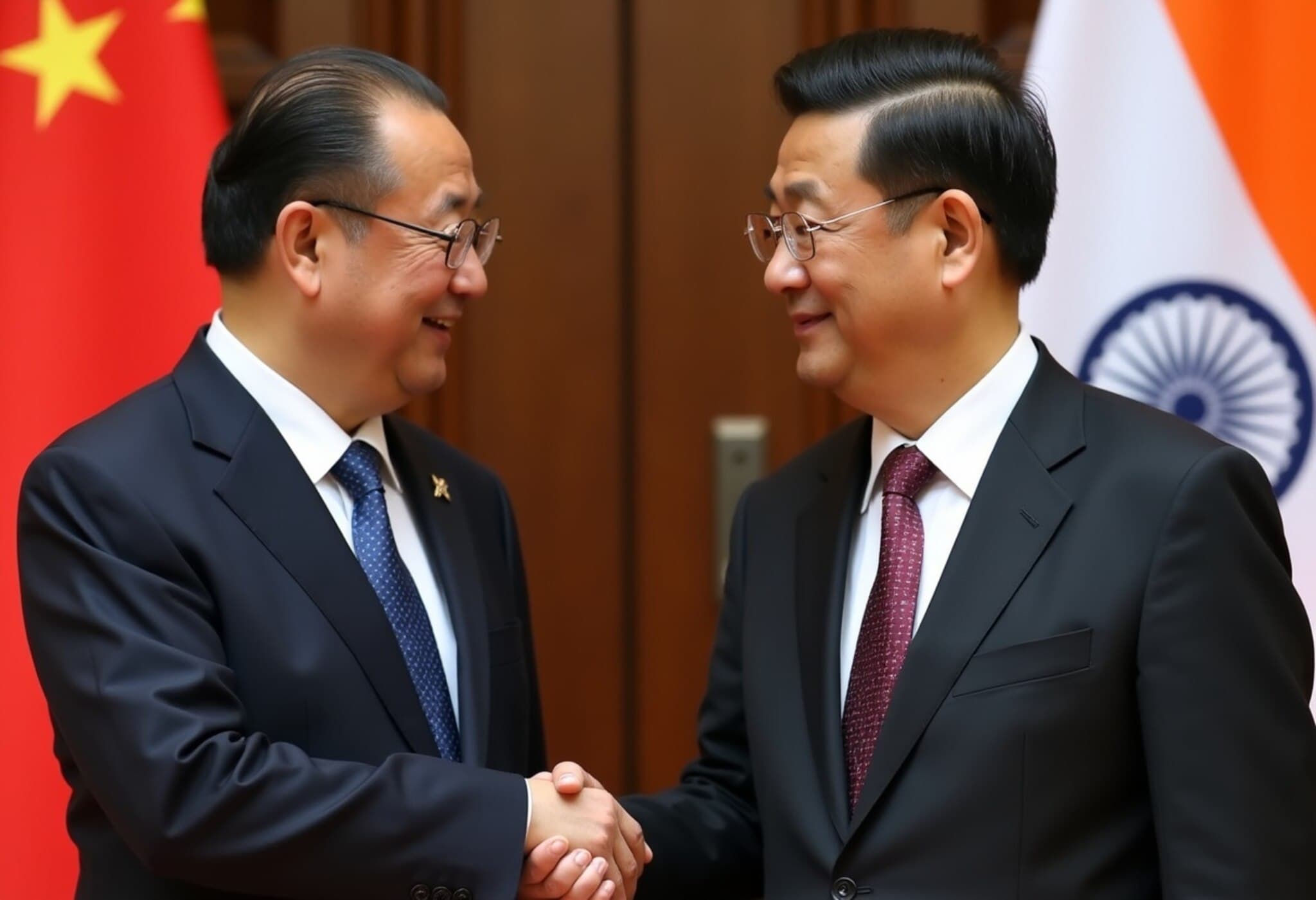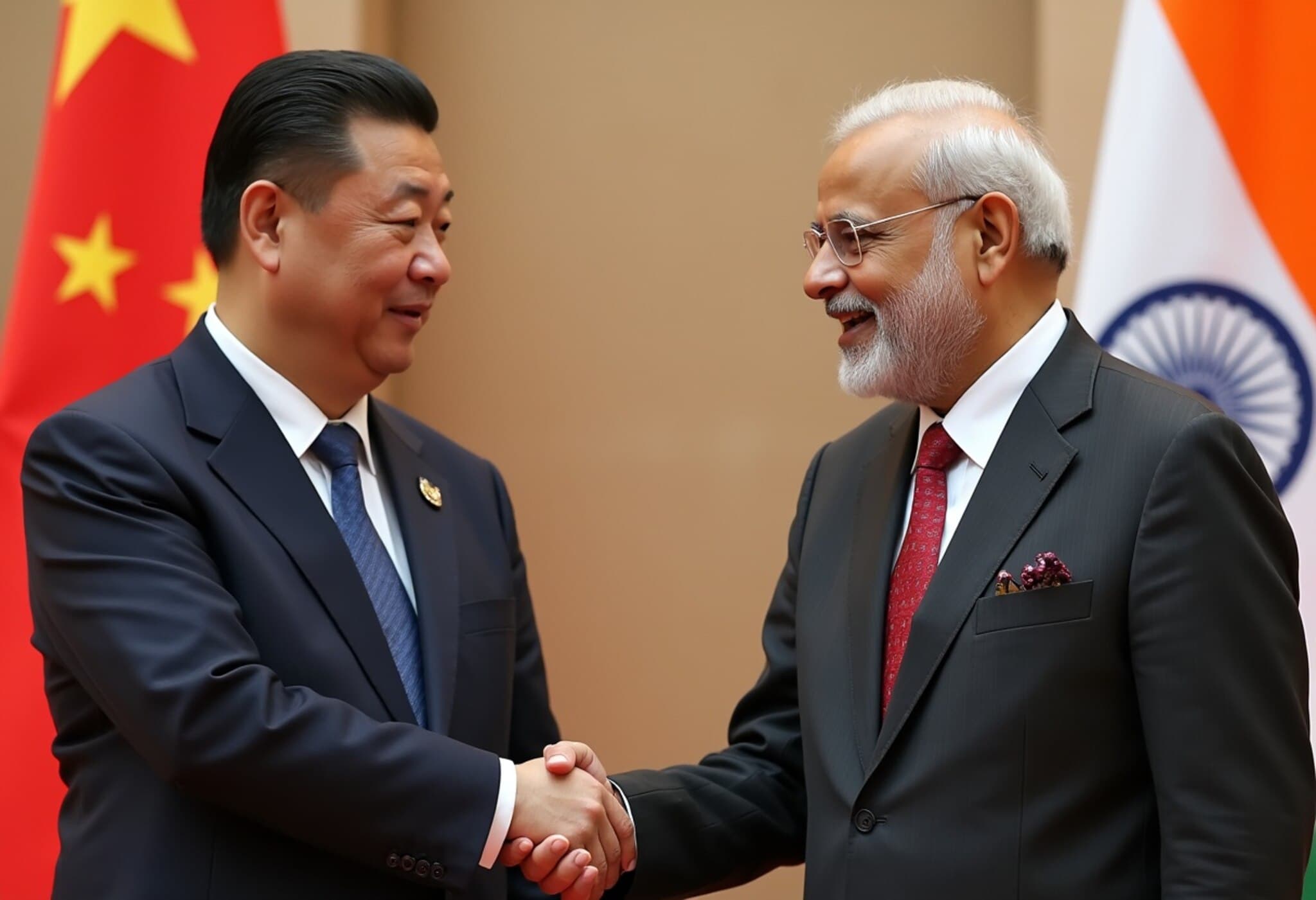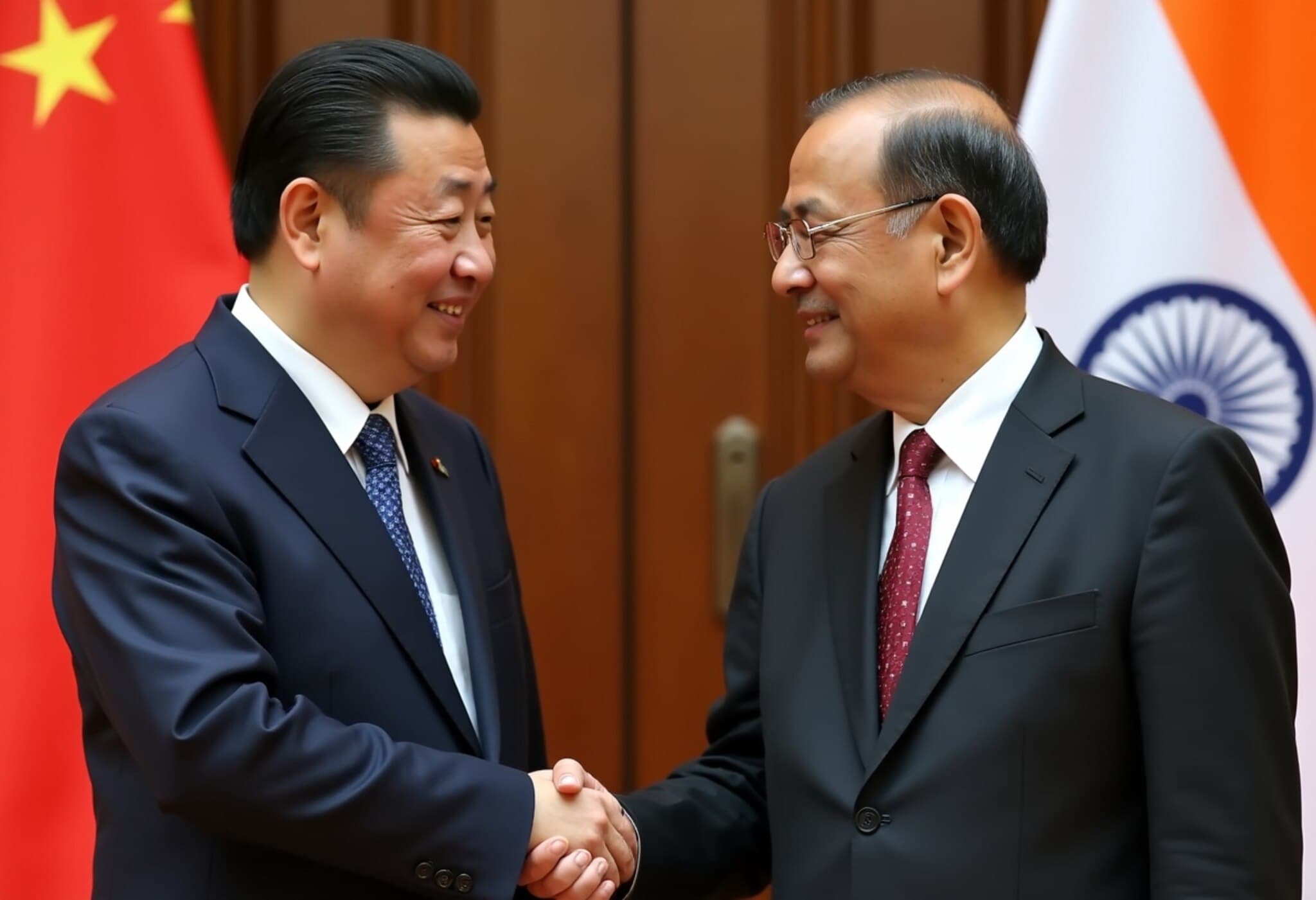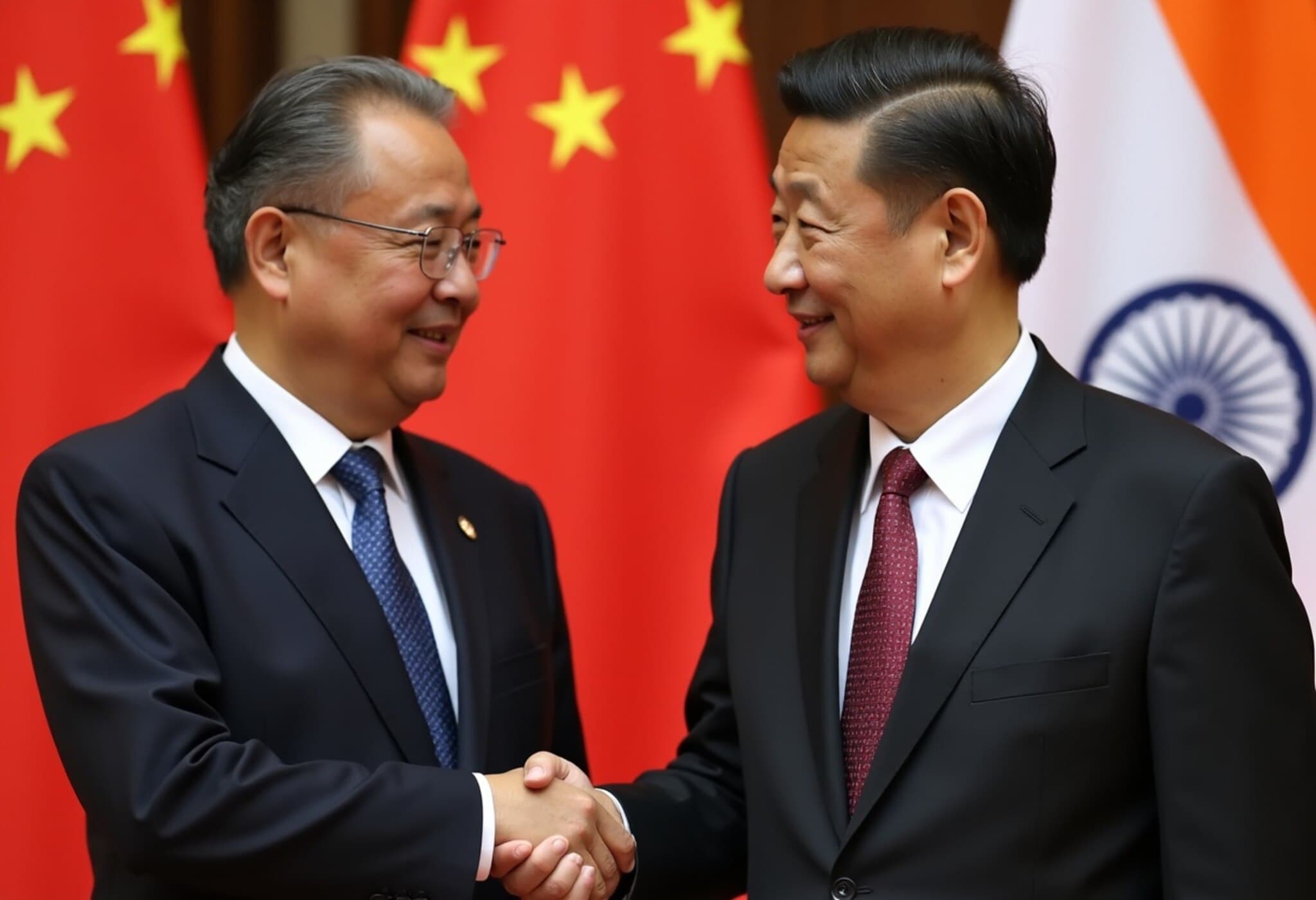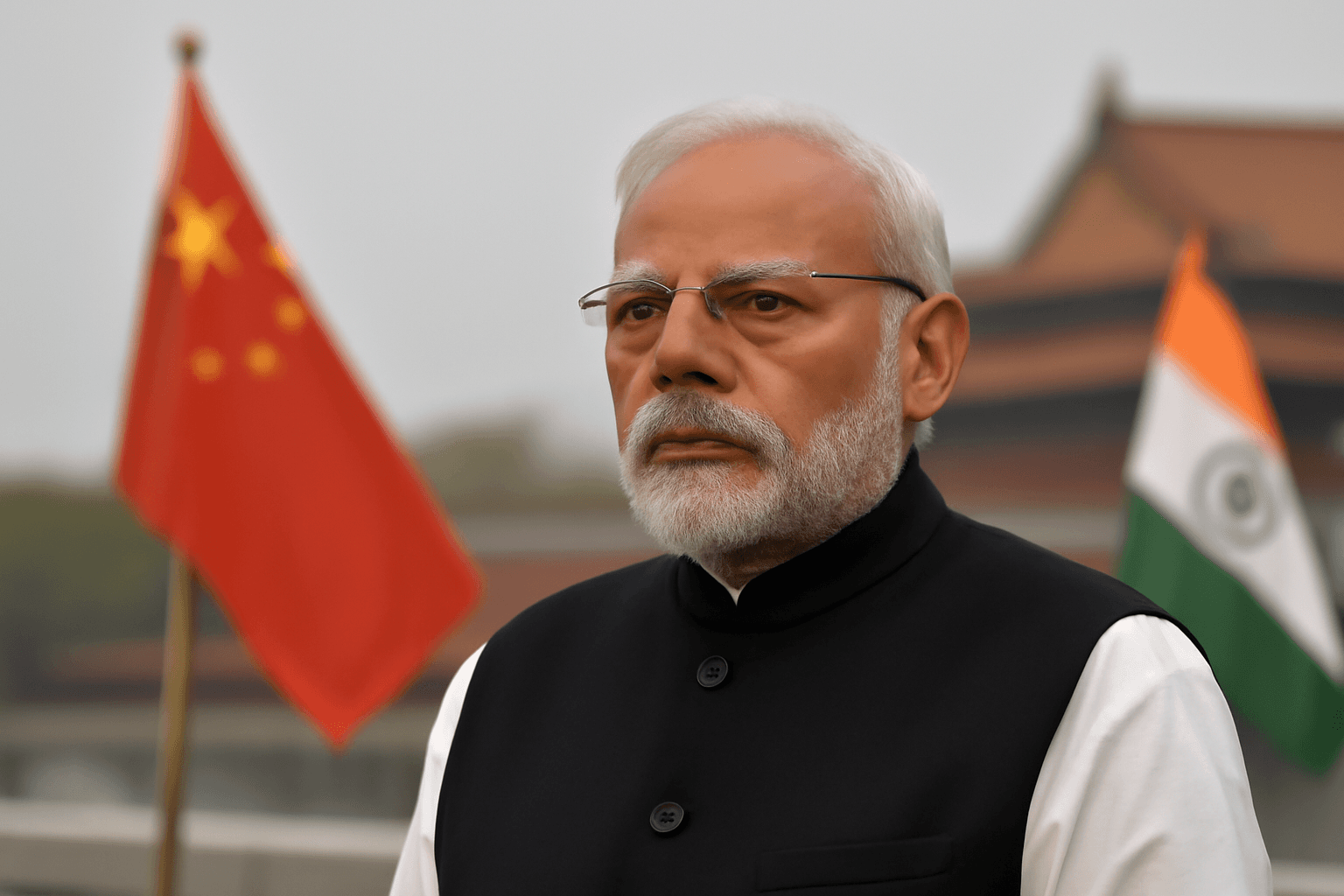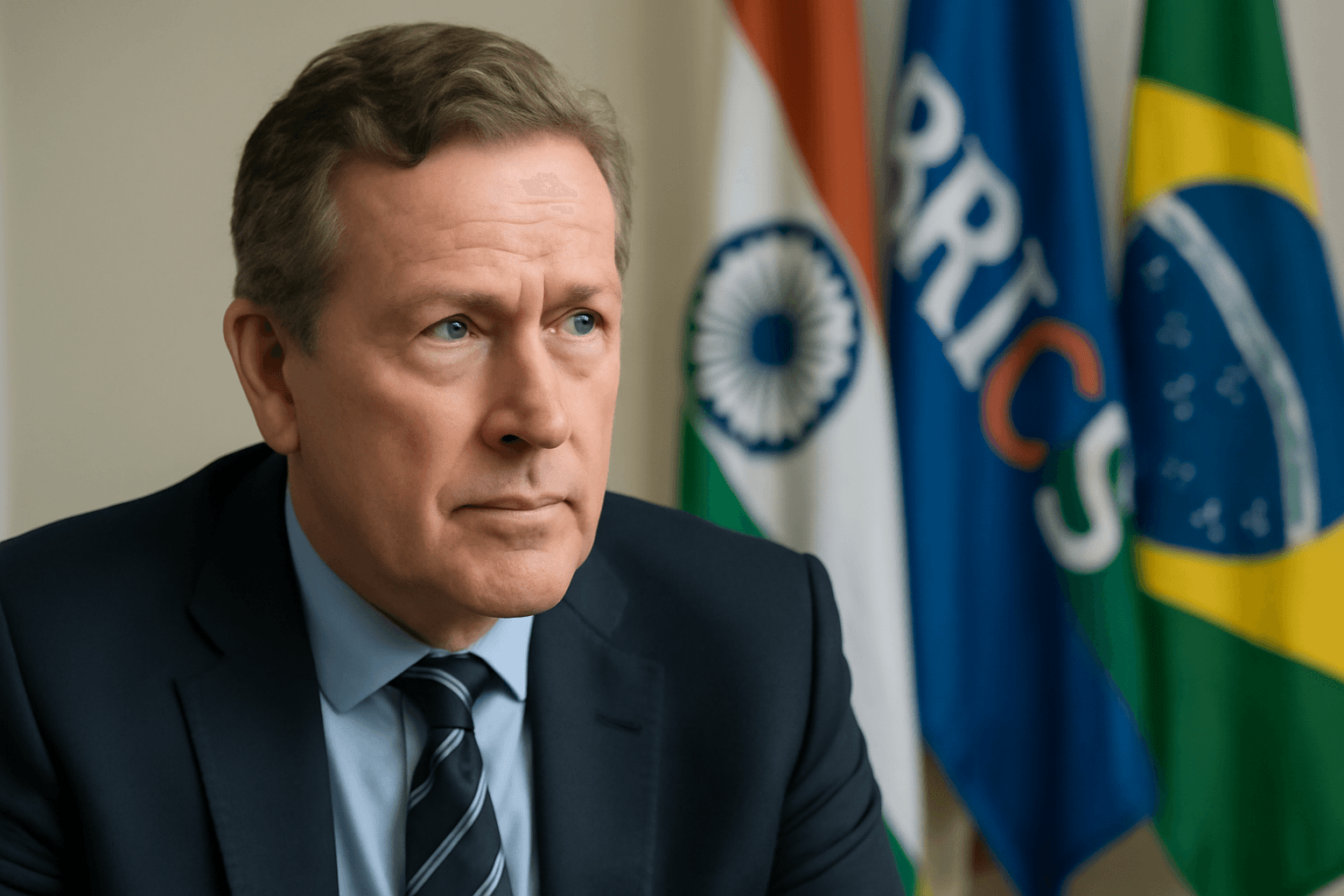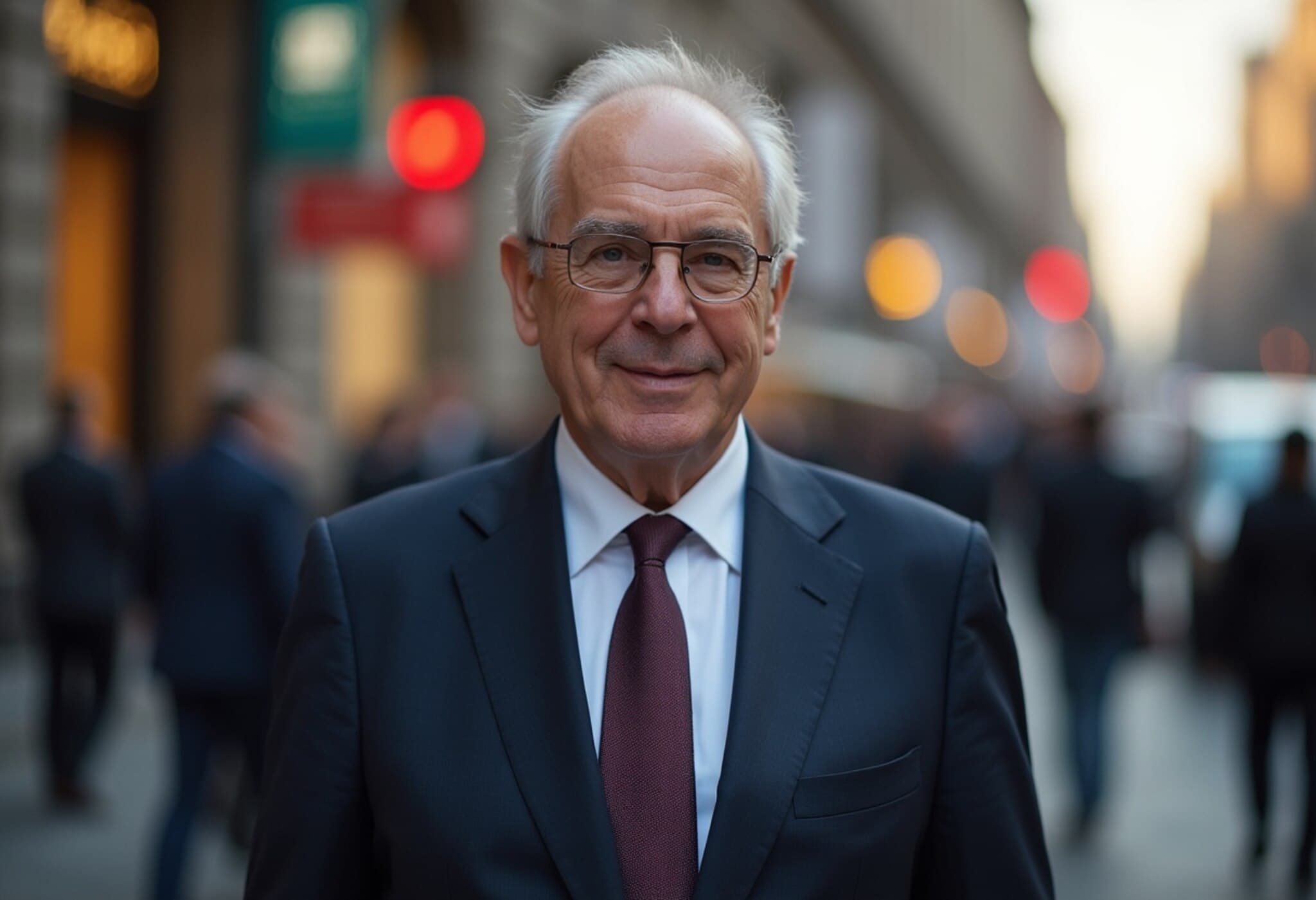India’s Foreign Minister Jaishankar Highlights Path to Resetting Ties With China
In a strategic bid to ease tensions and rekindle constructive engagement, India’s External Affairs Minister, Subrahmanyam Jaishankar, underscored the importance of the “three mutuals” — mutual respect, mutual sensitivity, and mutual interest — as foundational principles to restore and strengthen India-China relations.
A Candid Approach Amid Challenging Times
Speaking during a high-profile meeting with Chinese Foreign Minister Wang Yi on the sidelines of the Shanghai Cooperation Organisation discussions, Jaishankar openly acknowledged the turbulent period both nations have endured. “Having seen a difficult period in our relationship, our two nations now seek to move ahead. This requires a candid and constructive approach from both sides,” he remarked.
He emphasized that differences between the two countries should not escalate into disputes or conflicts, urging for dialogue framed by respect, sensitivity, and shared interests. This approach points toward building a pragmatic pathway forward based on mutual understanding and strategic cooperation.
Significance of Wang Yi’s Visit and Upcoming High-Level Engagements
Wang Yi’s arrival in New Delhi marks the first visit by a senior Chinese minister since the landmark meeting of the two leaders in Kazan in October 2024. Jaishankar described the visit as a timely opportunity to review bilateral ties and exchange views on pressing global issues, underscoring the larger geopolitical stakes involved.
Of particular note is the ongoing border dialogue led by National Security Advisor Ajit Doval and Wang Yi as Special Representatives. Jaishankar highlighted the critical need to maintain peace and stability along the Line of Actual Control (LAC), pointing out, “This is very important because the basis for any positive momentum in our ties is the ability to jointly maintain peace and tranquillity in the border areas. It is also essential that the de-escalation process move forward.”
Wider Global Dynamics: Multipolarity and Stability
Expanding beyond bilateral concerns, Jaishankar stressed the inevitability of India and China engaging on the global stage as the two most populous countries. He advocated for a fair, balanced, and multipolar world order with a reformed multilateral system, highlighting Asia’s critical role in this vision.
Furthermore, he called attention to the urgent need for economic stability and an intensified joint fight against terrorism. In an era riddled with uncertainties—from geopolitical shifts to economic disruptions—coordinated efforts to uphold peace and prosperity are paramount.
Contextual Insight: Why This Matters for India and the Region
This latest round of talks in New Delhi takes place amid a backdrop of lingering mistrust yet mutual necessity. While border tensions have periodically flared, the economic interdependencies and shared regional challenges compel both sides to explore sustainable engagement frameworks.
From an American and global policy standpoint, a stable India-China relationship is crucial for global supply chains, regional security architectures, and counterbalancing rising geopolitical tensions. The U.S. and allies monitor these developments keenly, as shifts in South Asian dynamics invariably ripple into broader Indo-Pacific strategies.
Questions Remain: The Road Ahead
- Can the dialogue consistently translate into lasting peace along the disputed border areas?
- Will economic and security cooperation gain traction amid strategic competition?
- How will both nations navigate differing visions of global order without exacerbating rivalry?
As Wang Yi’s visit coincides closely with Prime Minister Narendra Modi’s upcoming trip to China for the SCO summit, these discussions set the stage for potentially pivotal diplomatic gestures this year.
Editor’s Note
The recent emphasis on “three mutuals” reflects an evolved diplomatic language reflecting pragmatic realism over ideological rigidity. While the road to a comprehensive reset in India-China relations remains complex and fraught with challenges, mutual respect, sensitivity, and aligned interests form a hopeful foundation. Observers and policymakers alike should watch closely how these dialogues influence not only bilateral ties but also shape broader regional stability and global geopolitical equilibria in the coming months.

